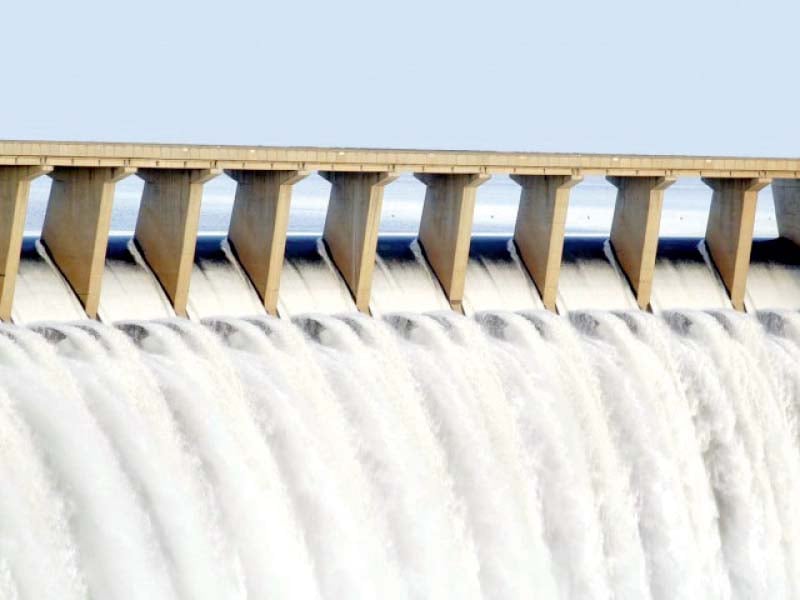During a recent meeting of the Cabinet Committee on Energy, the Ministry of Water Resources (MoWR) reiterated their commitment to resolving the water deficit in the capital of Azad Jammu and Kashmir (AJK) following the completion of the 969 MW Neelum Jhelum Hydropower Project (NJHPP).

In April 2018, electricity generating began at the New Jersey Hydropower Project (NJHPP), a run-of-the-river hydropower project. The Neelum River is redirected into the Jhelum River via a network of tunnels.
Muzaffarabad city is experiencing a severe water scarcity as a result of a technical error in the project’s design, which has also caused environmental problems.
The Express Tribune has learned from reliable sources that on September 7, 2018, the prime minister of Azad Jammu and Kashmir discussed the issue with the prime minister of Pakistan.
On October 9, 2018, the two prime ministers had a meeting to address the matter.
Following a combined visit to the NIHPP with appropriate technical authorities and verification of the actual flow downstream, the Pakistani prime minister later ordered the secretary of the Ministry of Water Resources (MoWR) to submit a report in conjunction with the chairman of the Water and Power Development Authority (Wapda) and the government of Azad Jammu and Kashmir (AJK).
Following this, the Ministry of Water Resources (MoWR) submitted its findings to two separate entities: the Prime Minister’s Office and the Cabinet Committee on Energy.
After reviewing the study and its suggestions, the Cabinet Committee on Energy gave their approval on August 28, 2019.
The report had suggested, among other things, that an extensive environmental study be undertaken to ascertain the e-flow, similar to the one that the Pakistani government had commissioned in order to rebut India’s Kishanganga Hydroelectric Project.
Renowned worldwide consultants were to carry out the study. Both the project’s scope and budget would remain unchanged, as previously mentioned by the committee.
Reportedly, at the most recent meeting of the Cabinet Committee on Energy, the MoWR brought up the matter once again, according to the sources. The ministry informed the committee that the downstream river flows were significantly reduced all the way to Muzaffarabad City as a result of the River Neelum’s diversion.
A number of negative environmental effects, such as a decline in river water quality and a decrease in water supplies for Muzaffarabad city, were unleashed by these reduced flows.
The study was once again directed by the Cabinet Committee on Energy to be carried out by the ministry.
Due to a malfunction in 2022, the NJHPP was inoperable for a whole year. Once the repairs to its tail race tunnel were finished in August 2023, it began producing power once again.
A malfunctioning powerhouse was reported to have occurred at the Neelum-Jhelum facility on July 4, 2022, as a result of a flaw. Power generation of 18.28 billion units has been going swimmingly since the project’s commissioning in 2018.










































